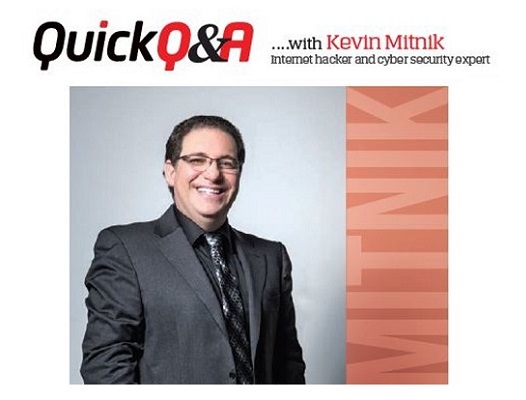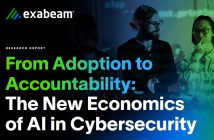
Internet hacker and now Cyber security expert Kevin Mitnick is in Australia in November for a conference in Sydney and Melbourne with business leaders where Kevin will talk about security risks and issues in the modern day business environment and how to best manage and combat such risks.
What is your view of Open Source and the development of open source white hat communities? Do you see the need for these to be developed better, faster or with higher reward components as we move towards the Internet of Things.
Kevin Mitnik (KM) I do like Open Source and I do believe that these communities should be expanded, but there is no management of these things as they are run on a completely voluntary basis. As far as moving faster and increasing rewards on open source projects, no one is really getting paid per say, so the reward is really just being a contributor. Maybe by creating additional incentives, it might make that particular community grow faster.
We’re not seeing the notoriety of black hat hackers as we once did, rather we see the rise of particular hacker groups, such as Anonymous – can you explain why this might be? Is it the complexity of systems limits, individual hacker capabilities or is the risk of capture greater?
KM – We do actually hear stories about individual hackers in the press all the time, we may not necessarily know their names but we do see their actions, usually for fraud or theft for example. Individuals from Russia have recently been indicted in cases. Anonymous is really a kind of idea, rather than an organised group, and people will jump on the bandwagon because they believe in a particular cause, and I think because Anonymous have had a lot of press due to some of its stunts, like hacking into police stations and hacking some of its officers, they have done a lot of brazen type of attacks, so it garners a lot of press. I also see an equal amount of press on other types of hacking activity as well…Click HERE to read full Q&A.




